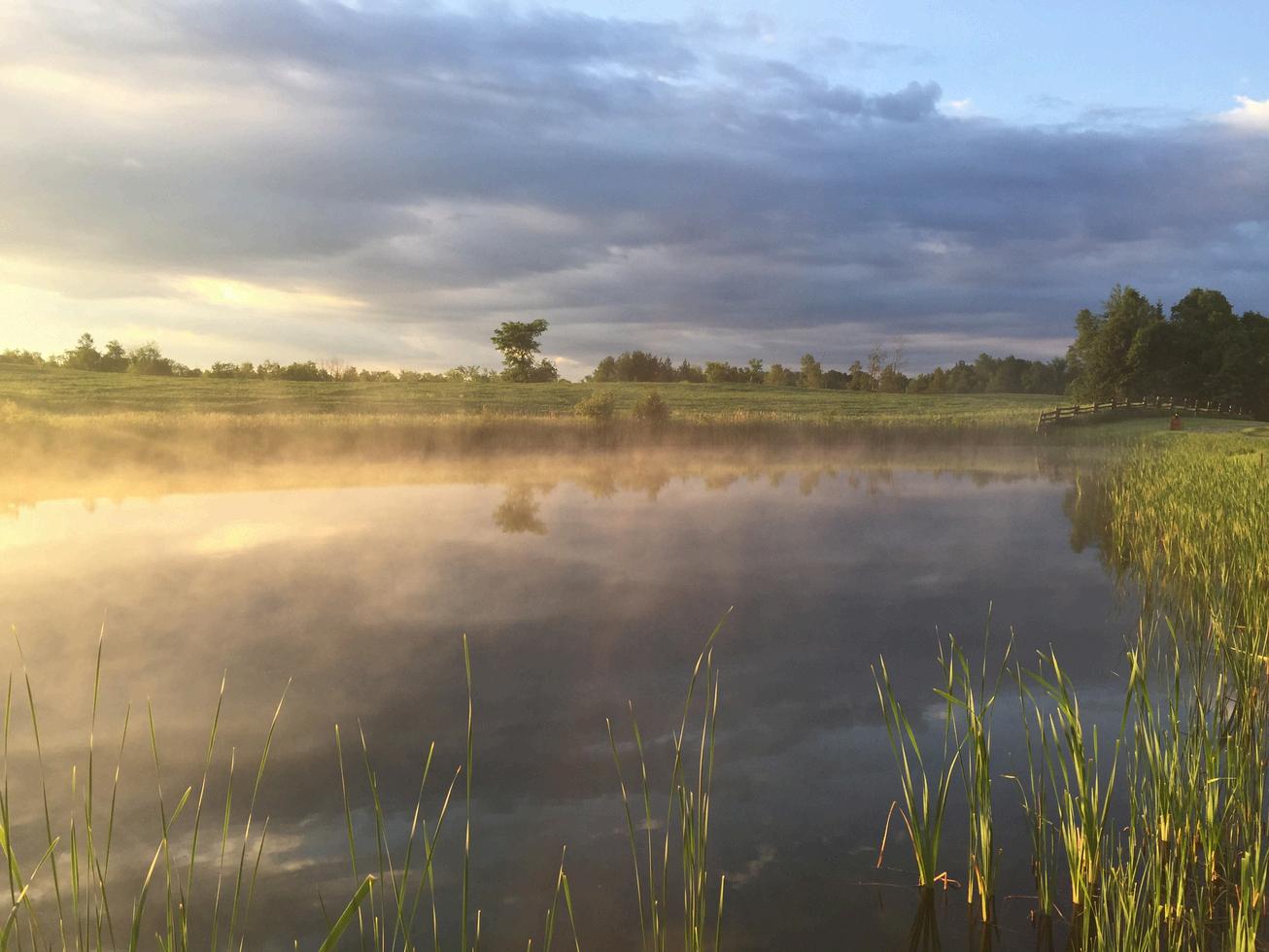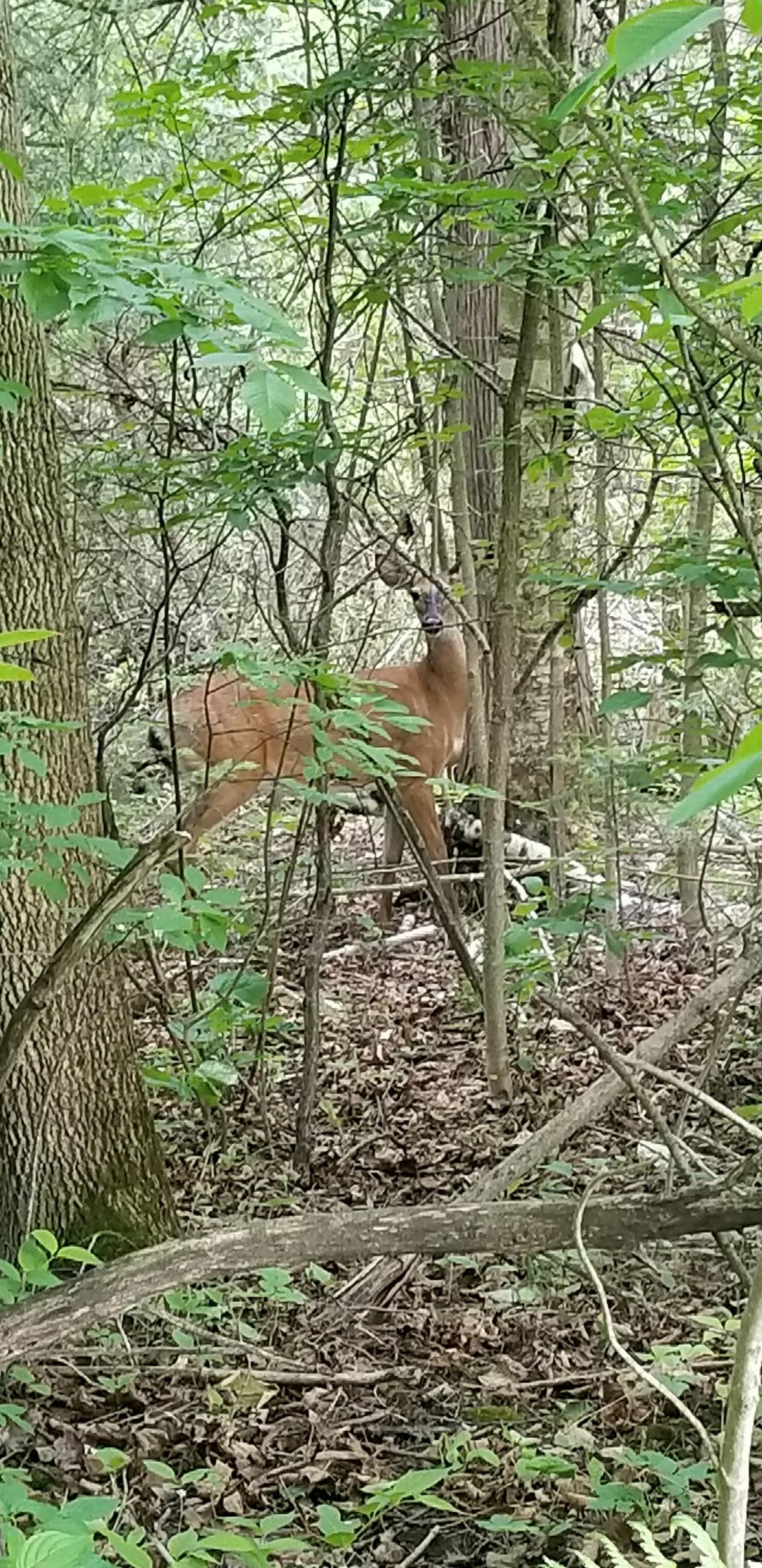AUDUBON
C E R T I








The Audubon Cooperative Sanctuary Program for golf is an award winning education and certification program that helps golf courses protect our environment and preserve the natural heritage of the game of golf.
Being outside in nature is among golfers’ top reasons for playing golf.
Achieving certification in the Audubon Cooperative Sanctuary Program for Golf Courses is a significant accomplishment.
Granite Golf Club had to meet standards set forth in six categories.
Environmental Planning
Wildlife and Habitat Management
Outreach and Education
Chemical Use Reduction and Safety
Water Conservation
Water Quality Management
Granite Golf Club has been able to continually demonstrate environmental leadership to not only achieve this certification, but we have proudly been certified for 20 years.
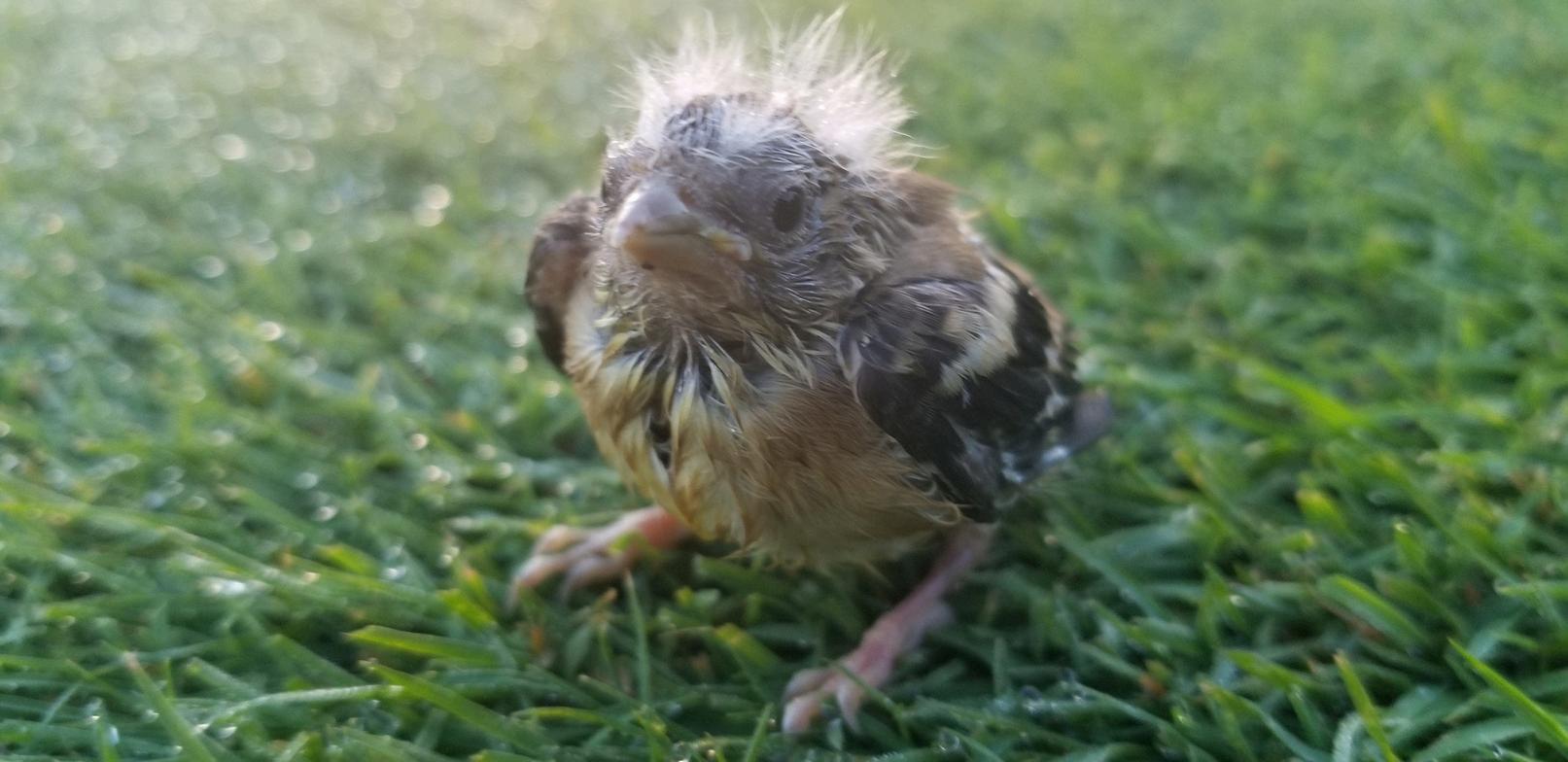
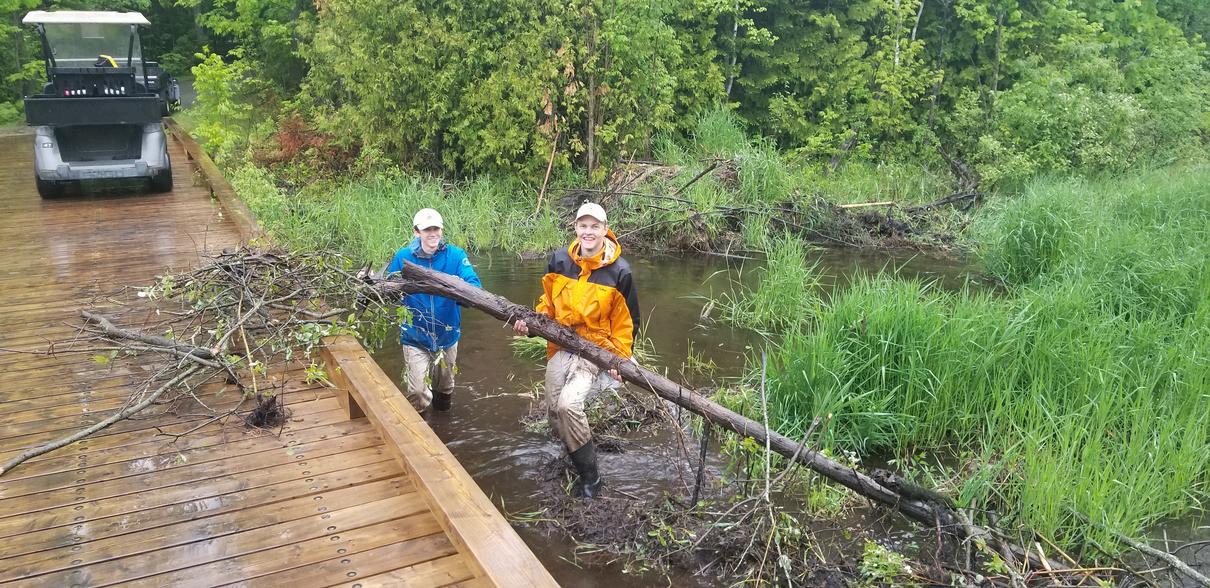
Golf uses chemicals, water, and other resources to maintain pristine golfing conditions potentially threatens the quality of our environment. While these issues are a real concern, golf has the opportunity to enhance and protect our environment.
Golf courses provide natural areas that benefit people and wildlife, usually in increasingly urbanized communities.
Through education and certification by the ACSP, we can do our part in protect water, support plants and wildlife, protecting the environment.
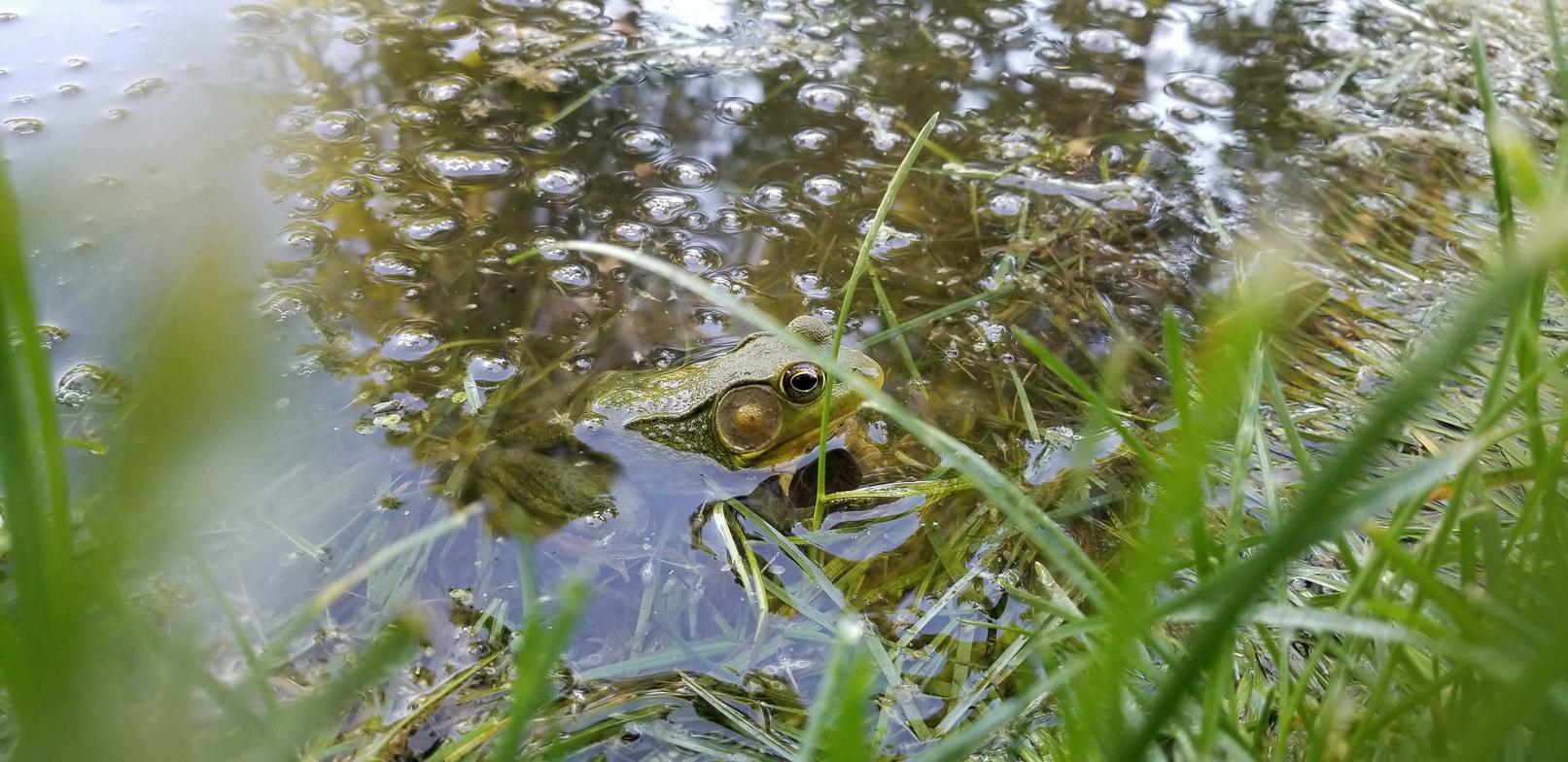
Evaluation and planning balances the demands of golf and our responsibilities to the environment
Yearly review of our our site assessment and environmental plans helps our Superintendent, Yanik to responsibly care for the land, water, wildlife, and natural resources that Granite Golf Club shares.
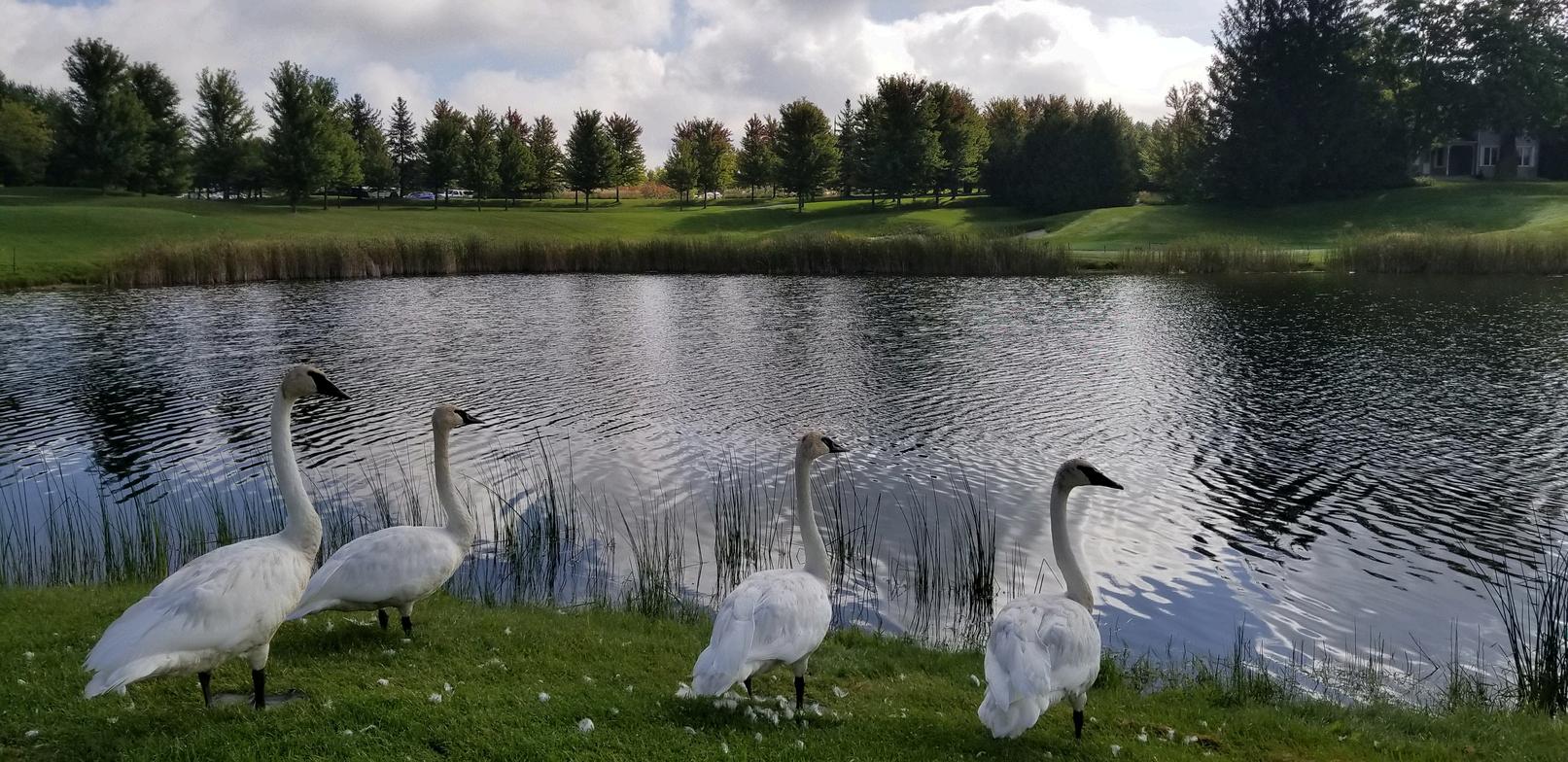
Site assessments identifies the characteristics of the property, evaluates our current environmental practices, and identifies not only our strengths but any potential liabilities.
Develop a map of the course, highlighting wildlife habitats, water resources, and management zones to use for planning and project implementation.
Goals and priorities are set and planned.
Progress towards course goals are evaluated annually.
Employees are trained on the importance of environmental sustainability. Our staff are trained on specific techniques to ensure environmental quality.
Regular communication with our Members, employees, and the community about progress and goals. Track progress through documentation.
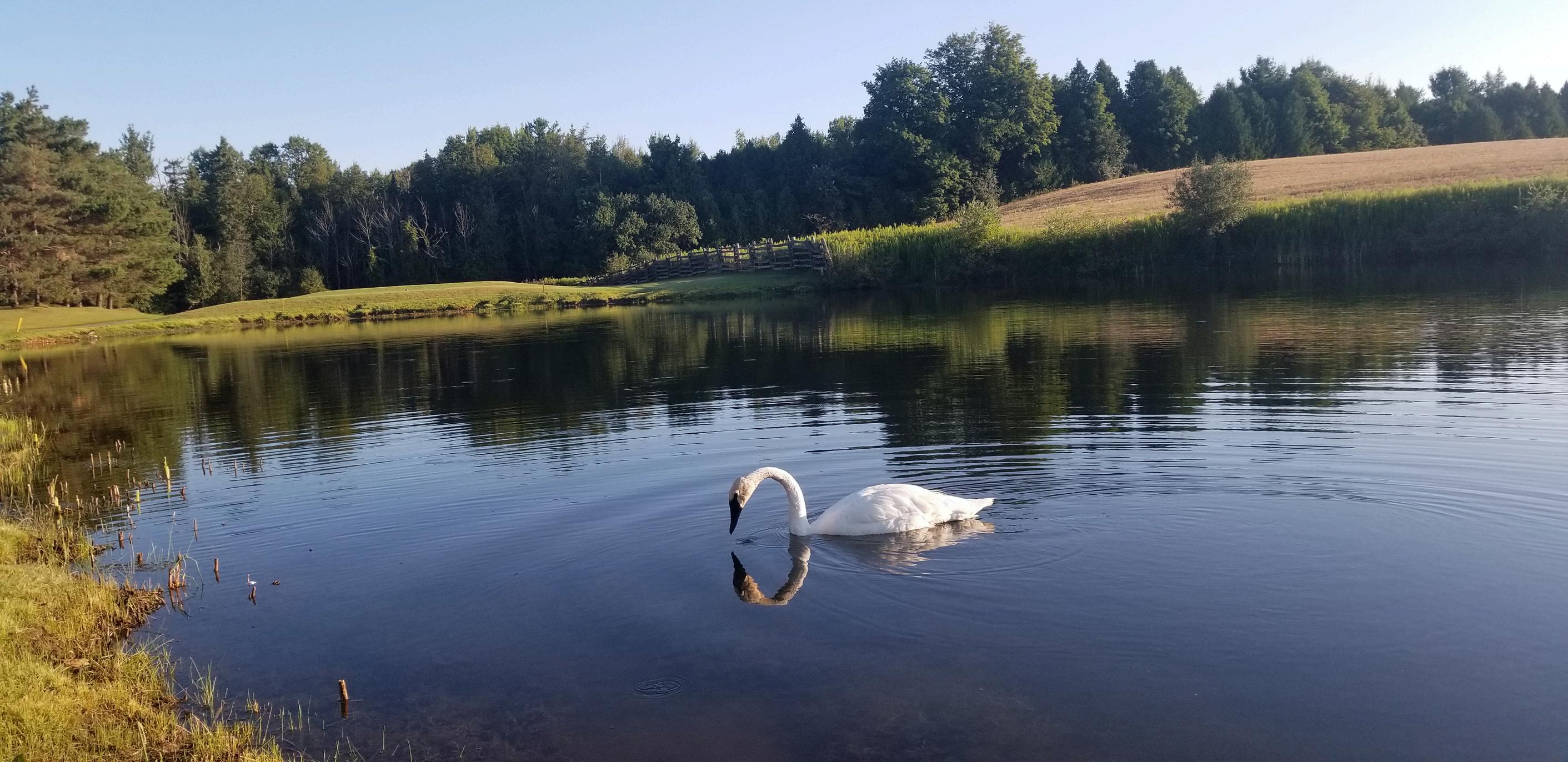

Granite Golf Club takes into consideration our specific wildlife species and habitat considerations to account for when planning and implementing appropriate practices.
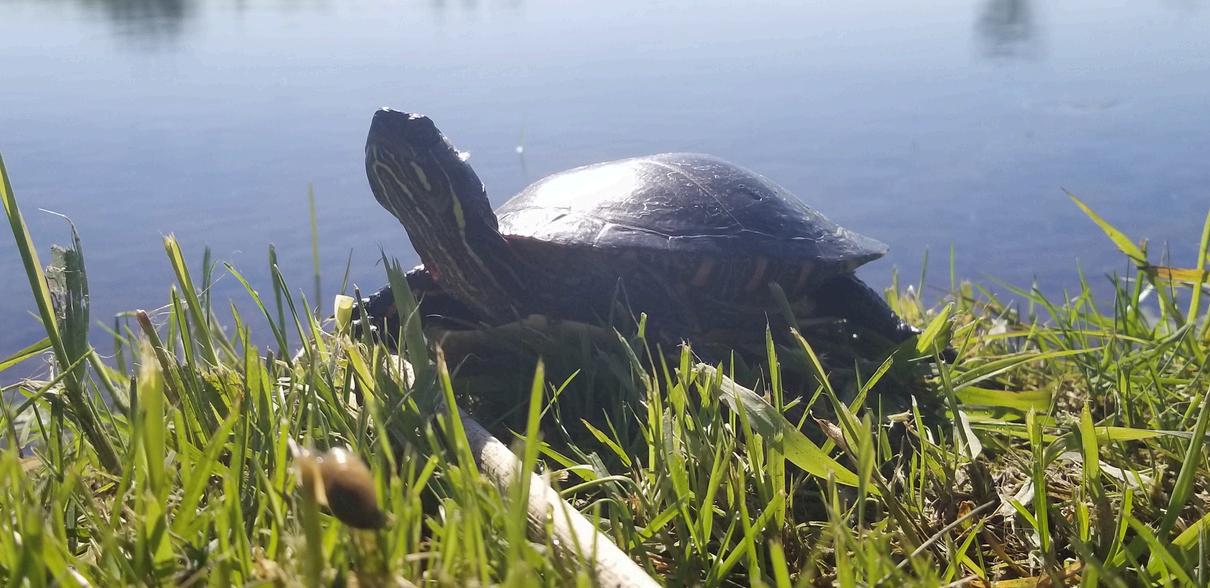
Identify core habitats, such as woodlands, wetlands, and special habitat concerns (endangered or threatened species on the club property).
Train staff to understand the adverse impact on wildlife and their habitats, when proper practices are not followed.
Identify the dominant native plant community and ecological region.
Maintain an on-going written inventory of bird and mammal species to document and track wildlife use of the course property.
Maintain natural wildlife habitat in at least 50% of all minimally used portions of the property.
Improve wildlife movements throughout the golf course.
Maintain a water source for wildlife with aquatic plants and shrubbery or native landscaping.
Flowers or container plants must provide nectar for hummingbirds or butterflies.
When appropriate, maintain nesting boxes for birds or bats.
Establish and maintain at least 80% of the landscaped trees, shrubs, and flowers (excluding turfgrass) with indigenous plants.
Granite Golf Club must employe best management practices and techniques to ensure safe storage, application, and handling of chemicals
Meet applicable provincial and federal regulations.
Train staff in basic pest management.
Educate staff about the health risks (human and environment).
Maintain greeen, tee, and fiarway mowing heights at levels that can be reasonably mainained, without maximizing chemical inputs.
Inventory soil types for all playing surfaces.
Improve soil health.
Train staff to monitor plant health.
Keep in consideration the impact of pest control measures.
Maintain records of treaments and guide future pest control decisions.
Develop a map of the course, highlighting wildlife habitats, water rescources, and management zones to use for planning and project implimentation.
Goals and priorties are set and planned.
Progress towards course goals are evaluated annually. Employees are trained on the importance of environmental sustainability. Our staff are trained on specific techniques to ensure environmental quality.
Regular communication with our Members, employees, and the community about progress and goals
Track progress through documentation
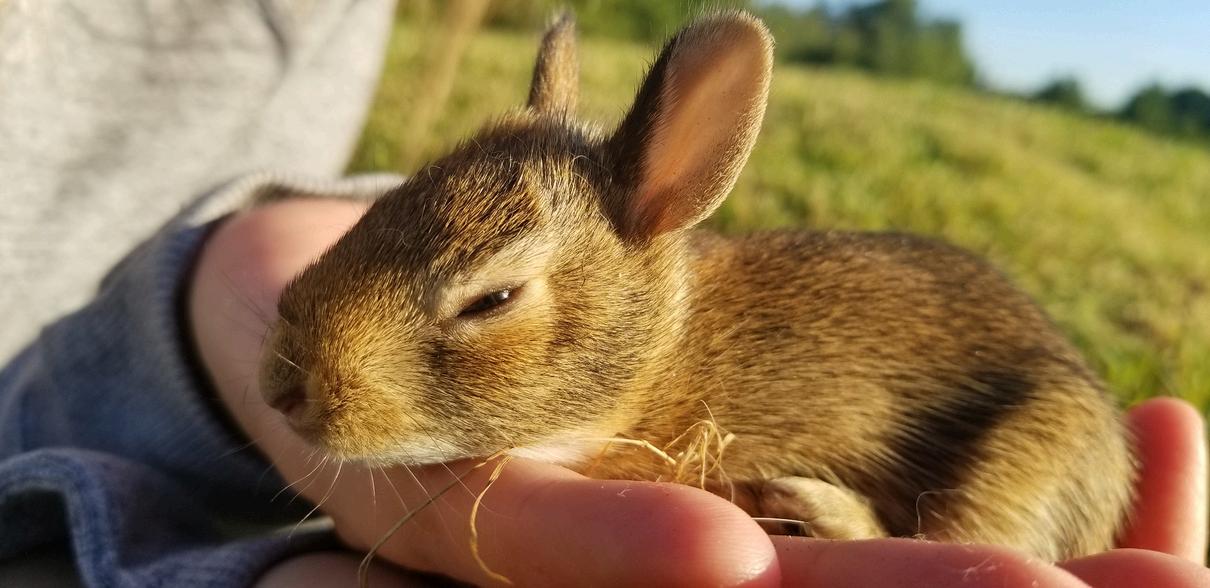
Water conservation on the golf course involves maintaining irrigation equipment to maximize efficiency and minimize waste, as well as employing water conserving irrigation practices.
Incorporate evapotranspiration rates or weather data into daily irrigation decisions.
Utilize moisture meters to help identify when irrigation is required. Avoid running the irrigation system at peak evapotranspiration times
Water “hot spots” to target needed areas only, rather than running the entire irrigation system during the peak of the day.
Maintain soils and turfgrass to maximize water absorption and reduce runoff and evaporation, including: maintain soil cover, improve soil structure, add or maintain natural organic matter in the soil, and improve drainage).
Reduce or eliminate irrigation on all unused or minimally used portions of the property.
Monitor daily water use, tally monthly usage, and set targets for yearly improvement.
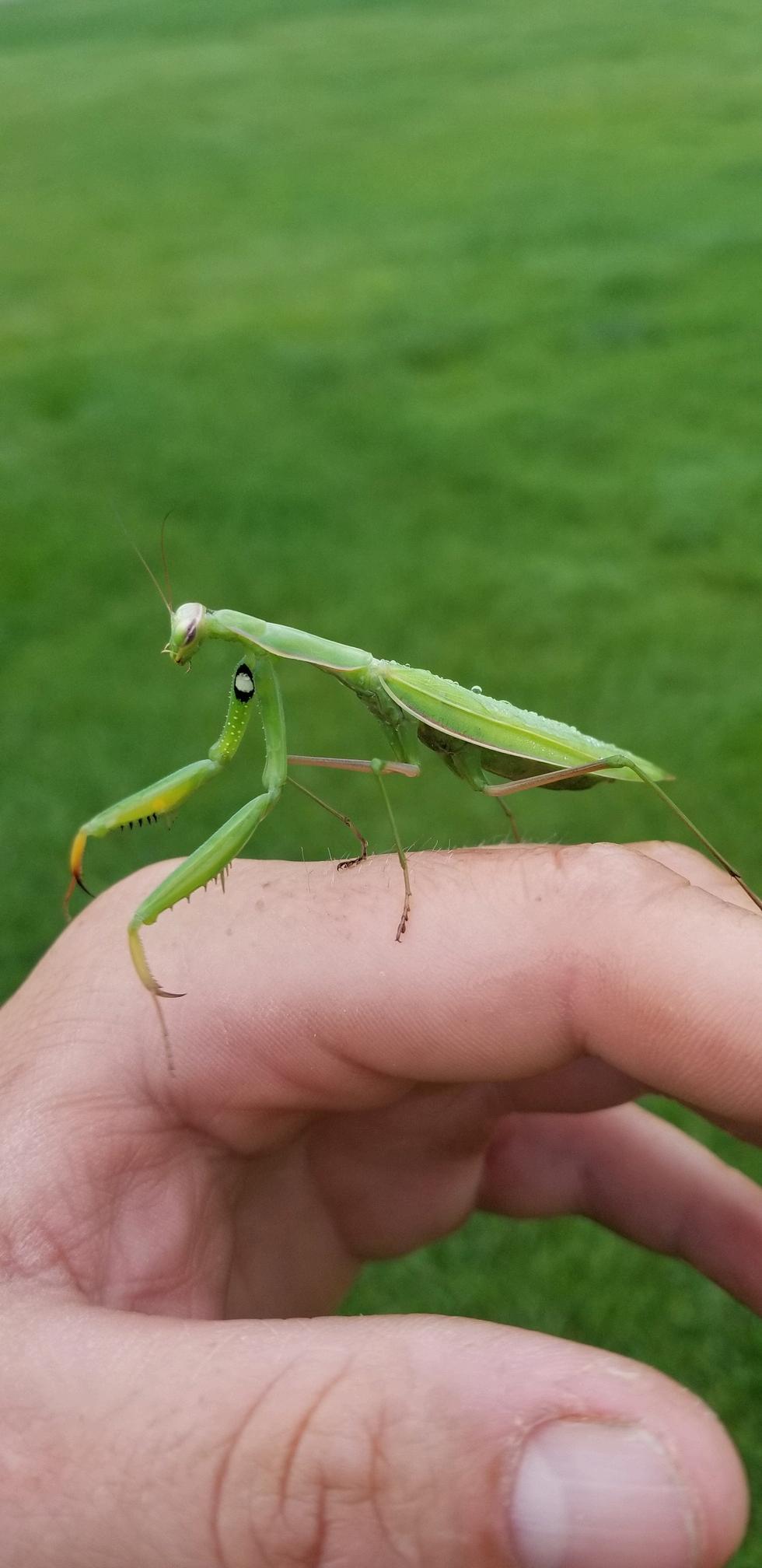
Use turfgrass on greens, tees, and fairways that is appropriate for the local climate and growing conditions.
Environmental performance helps Granite Golf Club stand out from other courses.
Best practices for chemical management reduce risks for storing, handling, and using chemicals.
Environmental management cuts down on waste.
It is no secret that Granite Golf is a beautiful property, and a large reason most people join the club.
Results in reduced costs for energy, water, pesticides, and fertilizers.
Improves the quality of our land, water, and air for future generations.
